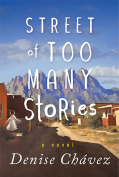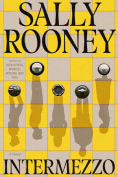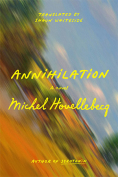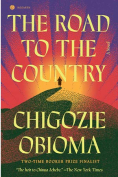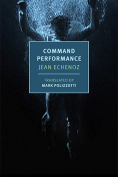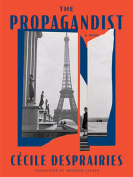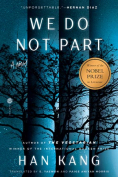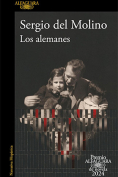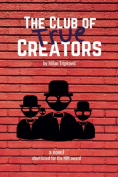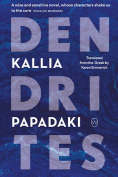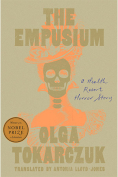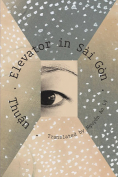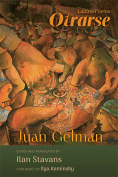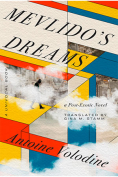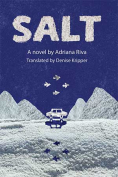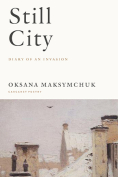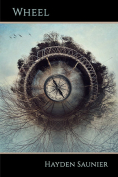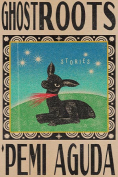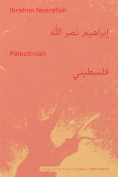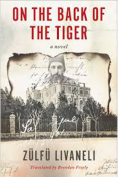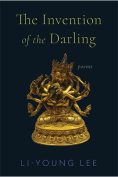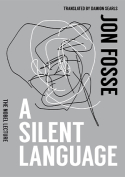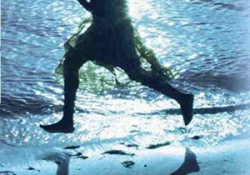We’re Alone by Edwidge Danticat
 Minneapolis. Graywolf Press. 2024. 139 pages.
Minneapolis. Graywolf Press. 2024. 139 pages.
Edwidge Danticat’s collection of essays We’re Alone was released a few months before the members of the Haitian diaspora in the United States became a topic of national discussion. After Donald Trump falsely claimed that immigrants in Springfield, Ohio—many of whom are in the US on temporary protected status—were eating pets during a nationally televised presidential debate, the community became targets for threats that led to the closing of schools and other institutions. It is impossible to read Danticat’s newest collection without urgently wishing we had Danticat’s voice to help readers make sense of the latest wave of racism against Haitians, for even though the book was already in print, it is certain Danticat could have predicted this wave of hatred would come. Sadly, all this hatred comes as no surprise based on the historical perspective Danticat offers up in her newest collection.
The essays range in subject matter from living and mourning during lockdown, to Haiti and politics, to mothering and writing. Danticat always lays herself bare on the page, and this collection does not stray from her visceral honesty. The title comes from a poem by Roland Chassagne, in which the speaker tells the reader, “We’re alone.” Danticat takes this line and interrogates it from all its angles, beginning the text with the story of this political prisoner and the legacy he left in both Haitian history and in his family. This weaving of personal and political has always been Danticat’s gift as a writer—see her memoirs about her mother’s death, The Art of Death (2017; WLT, March 2018, 25), and her uncle’s and father’s deaths, Brother, I’m Dying (2007; WLT, Jan. 2008, 74)—to witness sustained exercises in connecting personal narrative with discussions of the craft of writing and complex political situations. In this collection, Danticat layers in her experience as a mother and more fully explores being a daughter to parents who have died. Alongside these personal narratives, the reader finds Danticat offering an extended explanation of the 2021 assassination of Haiti’s president, Jovenel Moïse, and the devastation Mother Nature has wrought on the island in the past decades.
She writes of the islands—most specifically Haiti, Puerto Rico, and Grenada—which are settings for authors she connects with in the essay “They Are Waiting in the Hills,” noting, “the blessings of our islands are also our curse.” This dichotomy lies at the heart of the essay collection, which explores the blessings of love and community and the curse of losing them. Danticat once again uses her gift of storytelling to invite readers to walk alongside her in some of her and her community’s darkest times and to look for the blessings, the love, the poetry—just as other writers have held her as she walked alongside their work. In the end, she opens the door for more writing—one can imagine, about the new but not novel horrors wrought upon Haitians in the US—as she concludes this time alone with the reader in her paean to the written word: “I too have been lost, but eventually words, stories, find me.” These story-essays find the reader and lift them up just as Danticat lifts the voices of those all around her.
Colleen Lutz Clemens
Kutztown University

